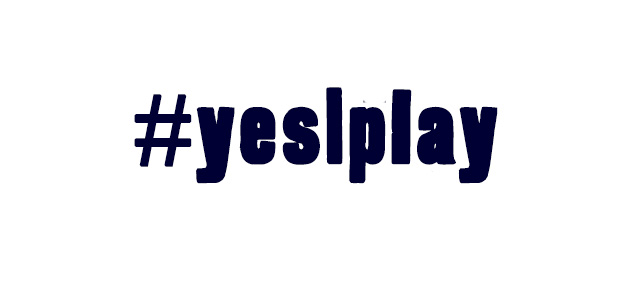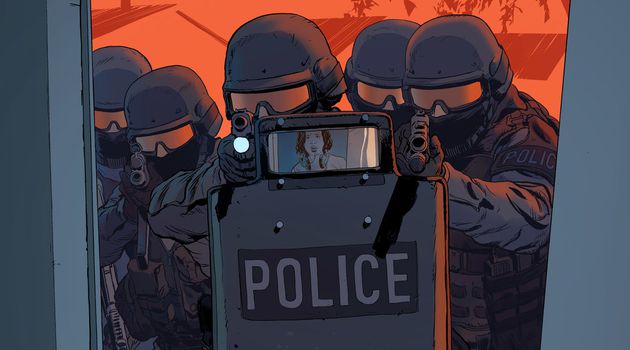This past weekend during the Super Bowl thousands took to Twitter to address their concerns over representation in advertisements during the various commercial breaks that are arguably as watched as the game itself. Each tweet called out various offenses that a number of companies were guilty of – lack of representation, unhealthy representation, and over-sexualization among others. These tweets laid it out frankly and bluntly as they called out and addressed the offending company with as much of a description of the offense as possible given the small amount of characters. The person posting also swore to refrain from purchasing or supporting from that company, at least until there was improvement. There was such an outcry of support, it made me wonder if such a system could exist within the gaming community, what it would be or consist of, and how we would go about getting the necessary support.
The effort rallied around the “#NotBuyingIt” tag for maximum exposure and mass coordination. The tag was originally conceived and spearheaded by a non-profit organization, project, and documentary called Miss Representation. According to their website, they “use film and media content to expose injustices created by gender stereotypes and to shift people’s consciousness towards change.” Though the tag certainly spikes during the Super Bowl season where advertisement and exposure is at a high, the effort is year-round and has only grown through time.
Furthermore it’s proven to be effective. One of the biggest repeat offenders was GoDaddy, a domain hosting company, who continuously relied on gratuitous sexualization of their models and actors in their commercials. After a huge backlash the following year over one of their most offensive commercials yet, their advertising strategy changed this year for the better, with a representative on Twitter saying that they do, indeed, listen to every tweet and comment. It was a moment of triumph and success for the campaign.
It is off of this success that I wonder if such a campaign could also work in creating a change within the gaming community. Like the Miss Representation project, it would entail a sort of crusade founded in social media that would draw out offensive representations present in video games. But what would it look like? Where would we begin? Would it catch on?
Perhaps the largest, although most unfortunate, concern would be whether it would receive the attention necessary to gain the kind of foothold, both from the public and the industry itself, required for enacting this change and whether it would be derailed by the predictable trolls of the community. It is almost certain that it would be a small and almost unnoticeable effort at the start, however it could feasibly gain support from those whose voices often go unnoticed in the community as a medium for women or other under-represented groups to compile their complaints and support each other. There is always a looming threat of retaliation and discrimination but if there’s anything to be learned from the #NotBuyingIt campaign, is that perhaps it just might happen.




